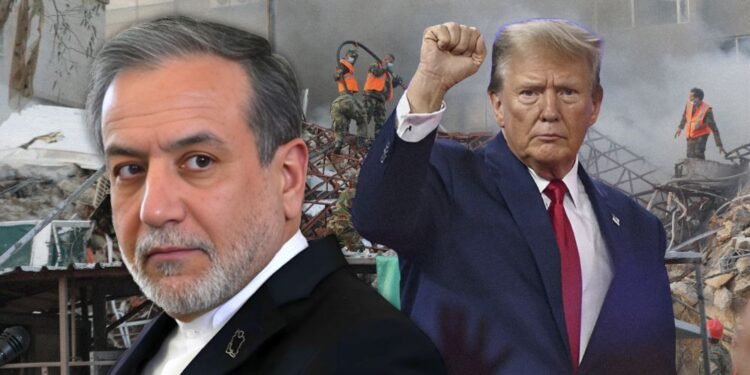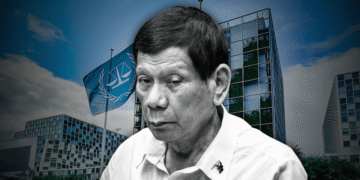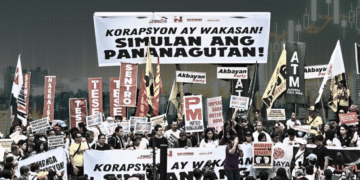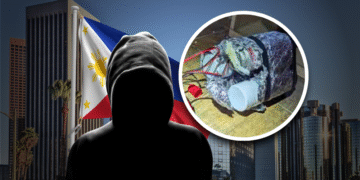Tehran, Iran – Iranian Foreign Minister Abbas Araghchi has issued a stark warning that any military attack on Iran’s nuclear facilities by Israel or the United States would ignite an “all-out war” in the region.
Speaking to Al Jazeera Arabic during a diplomatic visit to Qatar, Araghchi cautioned that striking Iran’s nuclear sites would be “one of the biggest historical mistakes the US could make.” He asserted that Tehran would respond “immediately and decisively” to any aggression, potentially setting off a full-scale regional conflict.
The warning comes amid heightened tensions as Iran grows increasingly concerned that U.S. President Donald Trump, during his second term, may enable Israeli Prime Minister Benjamin Netanyahu to launch preemptive strikes on Iranian nuclear infrastructure while further intensifying economic sanctions.
During his visit to Doha, Araghchi held talks with Qatari Prime Minister and Foreign Minister Sheikh Mohammed bin Abdulrahman bin Jassim Al Thani. He commended Qatar’s role in brokering a ceasefire in Gaza and expressed hope for resolving broader regional disputes.
While in Qatar, Araghchi also met with officials from Hamas, hailing their resilience in the face of Israel’s military campaign in Gaza. Despite significant devastation, he described the outcome as a “victory” for the Palestinian group.
“Despite all the killings and destruction the whole world witnessed, the Palestinian people held their ground and upheld their values and principles. I believe this stands as a victory,” he said.
He further noted that Israel’s failure to achieve its war objectives, including the elimination of Hamas and the retrieval of all hostages, ultimately forced it to negotiate—an outcome he characterized as a strategic win for the group.
Since Israel launched its military campaign on Gaza in response to the October 7 Hamas-led attacks, at least 47,460 Palestinians—mostly women and children—have been killed, with 111,580 others wounded, according to Palestinian authorities.
The ongoing war has displaced the majority of Gaza’s 2.3 million residents, reducing much of the Strip to rubble. In contrast, 1,139 people were killed in Israel during the October 7 attacks, with over 200 taken hostage, sparking the heightened Israeli military attacks.
Araghchi also addressed the ongoing crisis in Syria, reaffirming Tehran’s support for a government that represents all segments of Syrian society following the ousting of former President Bashar al-Assad.
While Iran had previously backed Assad with military and financial assistance to maintain its regional “axis of resistance” against Israel and the U.S., Araghchi signaled a shift toward fostering long-term stability.
“We endorse any government chosen and supported by the Syrian people. We want peace and security for Syria, which is a precursor to the same in the region,” he said. He warned that instability in Syria could lead to the country becoming a breeding ground for terrorism, further exacerbating regional security concerns.
With Donald Trump securing a second term, Araghchi described U.S.-Iran relations as historically plagued by “hostility and mistrust.”
He pointed to Washington’s 2018 withdrawal from the Iran nuclear deal and the 2020 assassination of Qassem Soleimani, the commander of the IRGC’s Quds Force, as key moments that deepened animosity.
While Tehran remains open to diplomatic dialogue, Araghchi insisted that negotiations must be strictly limited to nuclear-related issues. He urged the Trump administration to take concrete steps toward rebuilding trust, including the return of frozen Iranian assets.












